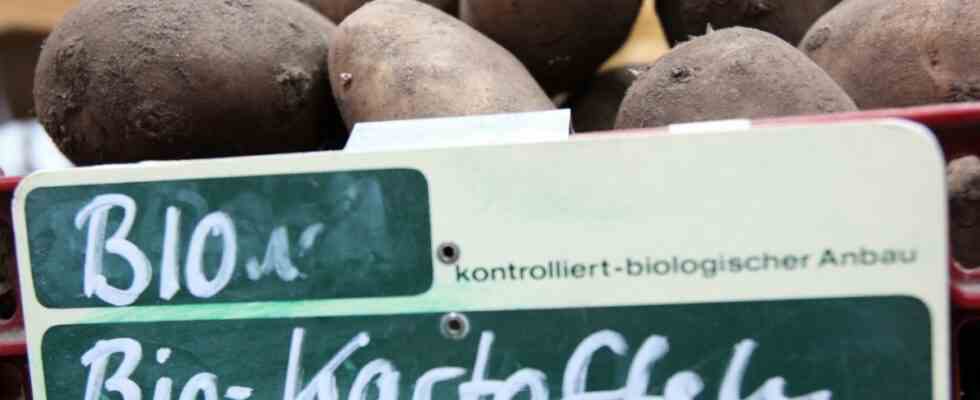Helmut Steber can still remember it well. “When we converted the Eichethof to organic farming in the early 1990s, we did it in the spirit that organic is better for nature and the environment than conventional farming,” says Steber and immediately qualifies: “Scientific studies But we didn’t have any that clearly prove that.” That’s different today. At the beginning of the year, after many years of research, Professor Kurt-Jürgen Hülsbergen, who teaches organic farming and plant cultivation systems at the Technical University of Munich, and other scientists provided figures that clearly confirm Steber’s credo of 30 years ago.
Based on the environmental follow-up costs, organic farming performs better than conventional farming by 750 to 800 euros per hectare of agricultural land and year. With the currently around 13 percent organic agricultural area in Bavaria, this means a cost advantage of 300 million euros a year. If you apply the 30 percent organic farming that the Free State is aiming for by 2030, the cost advantage even increases to 750 million euros a year. This emerges from the study “Environmental and climate effects of organic farming”. Hülsbergen and his colleagues published them at the beginning of the year and have now presented them with the Bund Naturschutz.
According to Hülsbergen, there are several reasons for the positive performance of organic farming: Organic farmers do not use artificial fertilizers or agricultural chemicals on their land, and they also use significantly less energy than their conventional colleagues. With correspondingly positive effects on climate and groundwater protection, biodiversity, maintaining soil fertility and much more. At the same time, the researchers have shown that organic farmers can significantly improve their yields with modern cultivation methods. Because that is considered the problem of organic farming. Their yields are significantly lower than those from conventional farming.
For the study, Hülsbergen and the researchers evaluated all possible data from a total of 80 organic and conventional farms across Germany for more than ten years. 20 of them are in Upper Bavaria and in the Allgäu. In order for the data to be comparable, they formed so-called pairs of farms, each consisting of an organic farm and a conventional farm, which are very similar except for this difference.
Farmer Steber’s Eichethof is one of the farms in the study. The Hofgut is located in the north of Munich in Hohenkammer and is one of the largest organic farms in Bavaria. Steber and his employees cultivate 495 hectares of agricultural land, on half of which they grow all kinds of seeds for other organic farms. They also keep cattle, pigs and poultry – all free range. For Steber, the study is a source of satisfaction and at the same time a call to politicians to advance organic farming more quickly. The researcher Hülsbergen expressly shares the demand.

